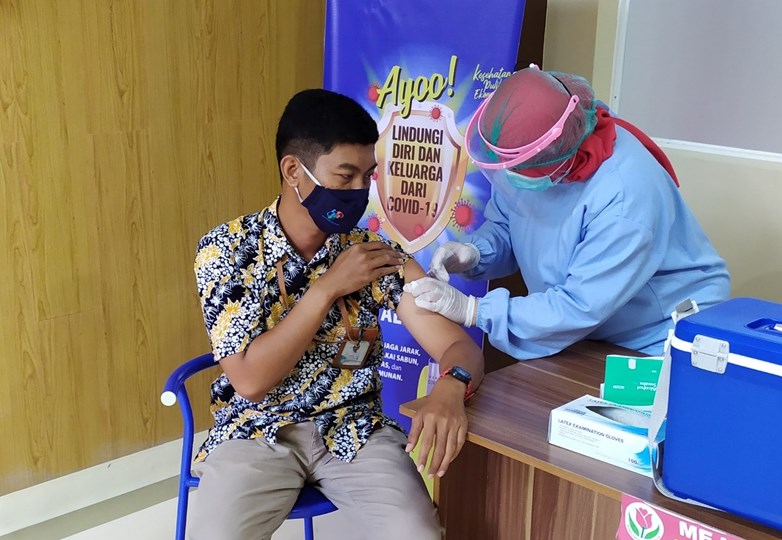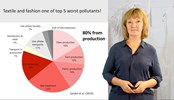COVID-19 vaccine acceptance high in low- and middle-income countries
Misum Executive Director, Martina Björkman Nyqvist joined research colleagues from institutions across the globe to examine vaccine acceptance and hesitancy in 10 low- and middle-income countries in Asia, Africa, and South America. Their research published in Nature Medicine reveals that willingness to get the COVID-19 vaccine was considerably higher in developing countries (80% of respondents) than in the United States (65%) and Russia (30%).
The study provides one of the first insights into vaccine acceptance and hesitancy in a broad selection of developing countries, covering over 20,000 survey respondents and bringing together researchers from over 30 institutions.
"I am proud to have contributed to this global effort with researchers from 30+ institutions to study the very important question on vaccine acceptance and hesitancy in low- and middle- income countries.
We currently see an urgent global problem caused by vaccine shipments slow to arrive to the majority of the world’s population, COVID-19 cases surging in many parts of Africa, Asia, and Latin America, which is all increasing the risk of new variants of the coronavirus.
With this background, the findings in this research support that we should put the highest priority to distribute vaccines to low- and middle-income countries since that would yield high returns in expanding global immunization coverage.’’
Martina Björkman Nyqvist, Executive Director of Misum and Associate Professor at SSE
Key findings
- The study analyses willingness to take a COVID-19 vaccine from surveys covering 10 developing countries – ranging from 67% (Burkina Faso) to 97% (Nepal).
- Willingness to vaccinate was considerably higher in these developing countries (80%) than in the United States (65%) and Russia (30%).
- Vaccine acceptance was primarily explained by an interest in personal protection against the disease (91%).
- Concerns about side effects (44%) was the most common reason for reluctance.
- Health workers were considered the most trusted sources of information about COVID-19 vaccines.
- The study offers new insights to help inform country-specific policies to expand vaccine acceptance in developing countries.
Researchers on this study represent the following institutions:
WZB Berlin Social Science Center, Innovations for Poverty Action (IPA), International Growth Centre (IGC), Wageningen University & Research, International Center for the Study of Institutions and Development (HSE University, Moscow, Russia), Yale Institute for Global Health, Nova School of Business and Economics, Lahore University of Management Sciences, The Institute for Fiscal Studies, University of St. Andrews & The Institute for Fiscal Studies, Misum at Stockholm School of Economics, Economics Department of Ghent University, Institute of Development and Economic Alternatives, Trinity College Dublin, Cornell University, University of Illinois Chicago, NYU Abu Dhabi, Yale Research Initiative on Innovation and Scale (Y-RISE), Princeton University, Institute for International Economic Studies (IIES) at Stockholm University, Tufts University, Kellogg School of Management at Northwestern University, London School of Economics and Political Science, Columbia University, Yale University, Centre for Economic Research in Pakistan (CERP), Institute of Development and Economic Alternatives (IDEAS) – Pakistan, University of Michigan, Busara Center for Behavioral Economics (Nigeria and Kenya), Centre for the Study of Labour and Mobility (CESLAM) – Nepal, and Morsel Research & Development (India).
Cover image by Fadil Fauzi on Unsplash.




